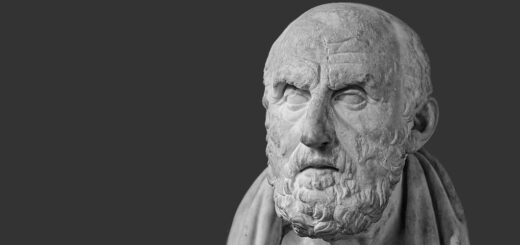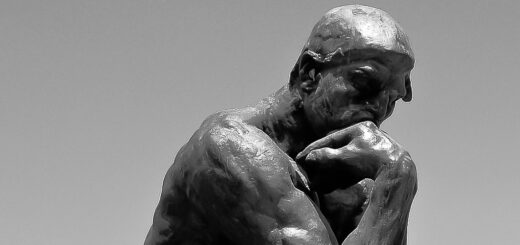Marcus Aurelius: The Philosopher Emperor Who Taught Us to Know Ourselves

Image by Michal Renčo from Pixabay
In the annals of history, there are few figures who embody the ideals of both a wise philosopher and a just ruler as harmoniously as Marcus Aurelius. Born in 121 AD, Marcus Aurelius Antoninus became Emperor of Rome in 161 AD, serving until his death in 180 AD. While his reign was marked by wars, political strife, and the challenges of governing a vast empire, he is best remembered for his profound contributions to philosophy.
Stoicism: The Philosophy of Self-Knowledge
At the heart of Marcus Aurelius’s philosophy was Stoicism, a school of thought that advocated self-awareness, self-improvement, and a commitment to virtue as the path to true happiness. In a world rife with power struggles and moral ambiguity, Stoicism provided him with a guiding light.
You have power over your mind – not outside events. Realize this, and you will find strength.
This quote encapsulates Marcus Aurelius’s belief in the power of the individual’s inner world. In a time when external events such as wars, famines, and political intrigues could shake the very foundations of society, he urged people to look inward for strength. By recognizing that external events were beyond their control, individuals could focus on cultivating their inner resilience and moral character.
In the tumultuous times of the Roman Empire, this idea was revolutionary. It encouraged people to detach their happiness from the unpredictable external world and find stability within themselves. Marcus Aurelius himself embodied this teaching by maintaining his composure and integrity despite the constant challenges of ruling an empire.
The happiness of your life depends upon the quality of your thoughts.
This quote emphasizes the importance of mindfulness and self-reflection. In an era marked by political intrigue and social unrest, Marcus Aurelius understood that the quality of one’s thoughts could shape their perception of the world. By practicing mindfulness and cultivating positive, virtuous thoughts, individuals could attain a deeper sense of happiness and contentment.
This concept was especially significant in a time when many were caught up in the pursuit of external wealth and power. Marcus Aurelius’s teachings reminded people that true happiness could only be found within, through the transformation of their thoughts and attitudes.
Waste no more time arguing what a good man should be. Be one.
This quote is a call to action, urging individuals to embody the virtues they admire rather than merely debating them. In an era when political corruption and moral decay were prevalent, Marcus Aurelius believed that true change could only come from personal transformation.
By focusing on becoming better individuals, people could collectively contribute to a more just and virtuous society. This idea was particularly relevant during Marcus Aurelius’s reign, as it challenged the prevailing cynicism and inspired individuals to strive for moral excellence despite the prevailing moral decline.
The Enduring Legacy of Marcus Aurelius
Marcus Aurelius’s contributions to philosophy continue to resonate in the modern world. His Stoic teachings on self-awareness, self-improvement, and the pursuit of virtue offer timeless wisdom that transcends the boundaries of time and culture.
In an era defined by external pressures, political turmoil, and moral ambiguity, Marcus Aurelius reminds us to look within ourselves for strength and happiness. His profound insights into the human condition serve as a beacon of wisdom, guiding us on a journey of self-discovery and personal growth. Whether we are facing the challenges of the past or navigating the complexities of the present, the wisdom of Marcus Aurelius remains a source of inspiration and enlightenment.















